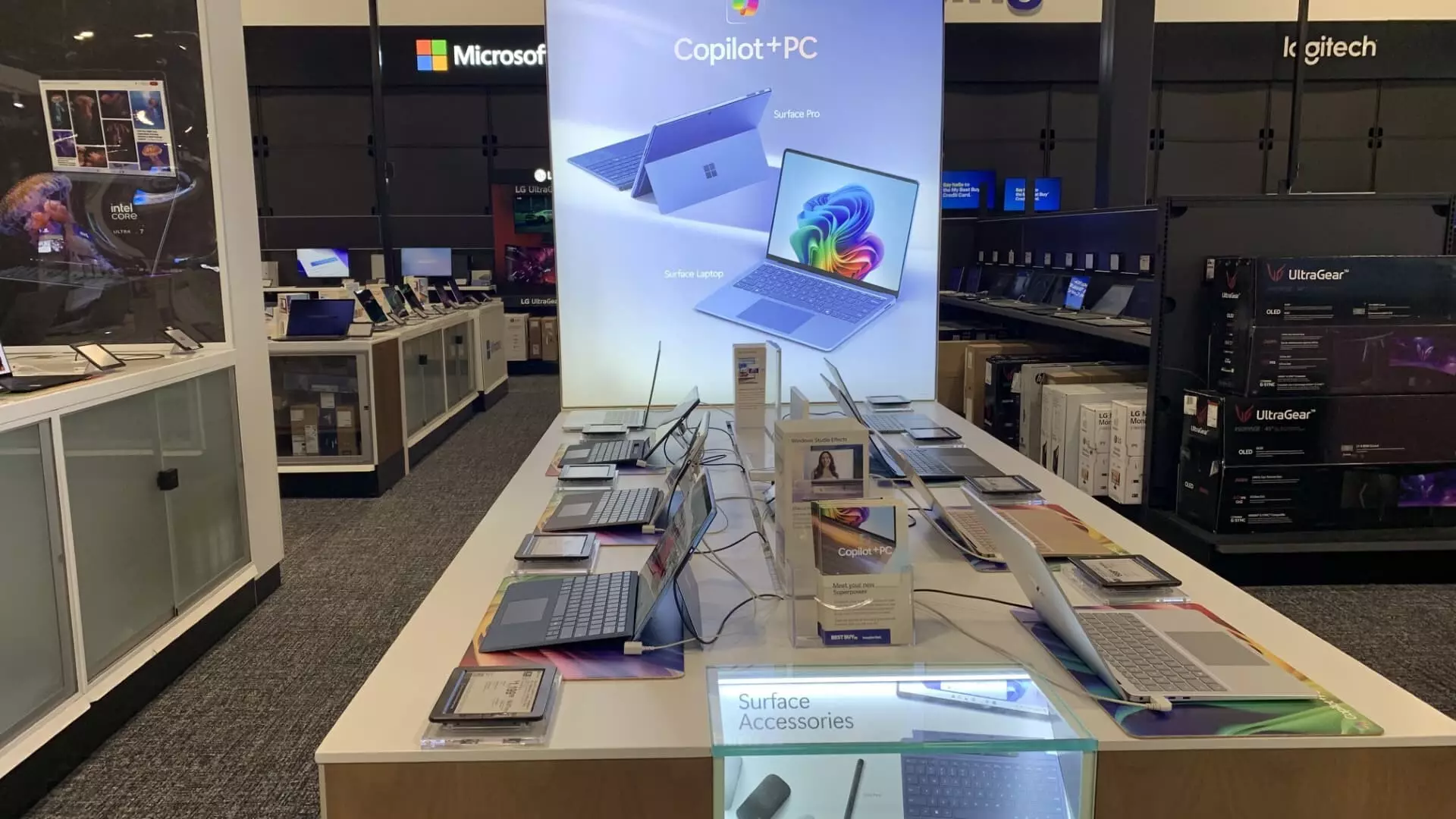In the unpredictable realm of retail investment, market dynamics can shift swiftly, often prompting investors to reassess their positions. This sentiment is especially relevant for Best Buy, a prominent electronics retailer that has recently faced substantial headwinds. This article explores the nuanced factors influencing Best Buy’s performance and the rationale behind ongoing changes in investment strategies, particularly as exhibited by Jim Cramer’s Charitable Trust.
From October to the present, Best Buy has experienced a notable decline in stock value, hovering at approximately $86 per share. The concern stems from various factors affecting electronic retail sales. First and foremost are the apprehensions regarding the imminent adjustments in trade policies, particularly the potential increase in tariffs on goods imported from China under the prospective leadership of President-elect Donald Trump. Such changes could impose additional costs on retailers like Best Buy, thereby impacting profit margins and consumer prices.
An often-overlooked aspect of Best Buy’s revenue generation is its relation to the real estate market. The sale of larger items, such as home appliances and entertainment systems, tends to correlate with housing turnover rates. When housing markets are stagnant, so too are sales at Best Buy. Recent increases in mortgage rates, despite the Federal Reserve’s interest rate cuts, further complicate the picture, casting a shadow over the potential for significant sales recovery.
In light of these concerns, trimming the portfolio position in Best Buy—a decision made amidst trades around $90 per share in late October—seems prudent. This careful recalibration of holdings emphasizes the necessity for discipline in trading, particularly in volatile environments.
The Importance of Discipline in Investing
In the world of financial trading, discipline is paramount. The decision to sell 165 shares of Best Buy reflects a strategy not born out of panic, but rather grounded in a commitment to avoiding losses on previously gained profits. With upcoming earnings reports looming, investors remain vigilant. If Best Buy’s same-store sales narrative falters, the resultant decline in share price could adversely affect investments. By locking in an average gain of 8% on shares purchased earlier, investors are safeguarding against unpredictable market reactions.
The retail sector is formidable and ceaselessly evolving. Recent trends indicate that larger players in the market, including Walmart and e-commerce behemoths like Amazon, are not only thriving but also commanding substantial market shares. Such dynamics pose formidable competition for Best Buy, which must contend with shifting consumer preferences and a market increasingly dominated by giants with expansive resources and diversified offerings.
The impact of these developments is tangible. For instance, Target’s recent earnings miss, resulting in a drastic stock devaluation of over 20%, serves as a cautionary tale within the sector. While there are companies that seem insulated from competitive disruptions, such as TJX Companies and Williams-Sonoma, the electronic market that Best Buy occupies is far more precarious as they contend with formidable adversaries.
In summation, the current trajectory of Best Buy encapsulates the challenges facing traditional retailers amidst broader economic pressures and competitive threats. The decision to adjust holdings within Jim Cramer’s Charitable Trust highlights a proactive investment strategy aimed at advancing financial security in a fluctuating market. Investors must remain discerning, leveraging disciplined strategies and a keen understanding of market dynamics to navigate complexities effectively.
Ultimately, while Best Buy bears inherent challenges, its performance remains subject to external economic factors and competitive pressures. By maintaining a disciplined approach to investment adjustments and a critical eye on retail trends, investors can aim to safeguard their portfolios throughout market cycles.

